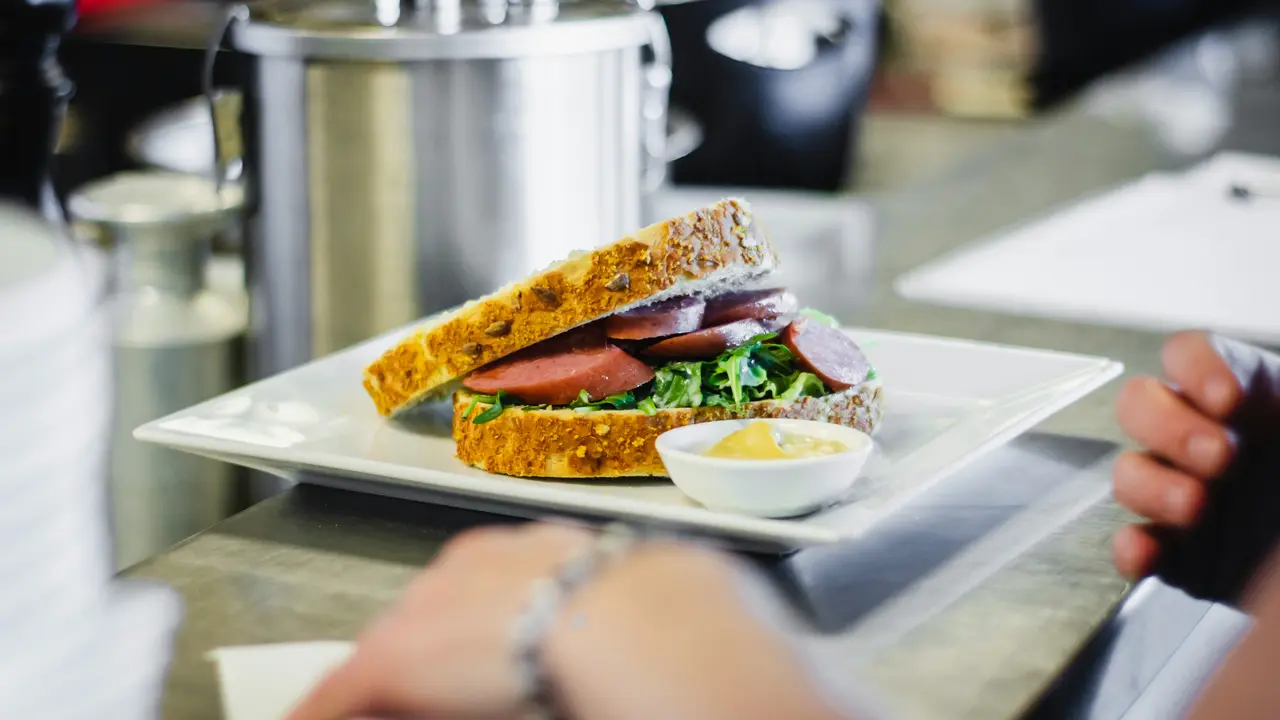Are you ready to embark on your weight loss journey but unsure of what measurements to take for weight loss? Understanding the key metrics to monitor can set you on the right path toward achieving your goals. In this article, we will explore the essential measurements that will help you track your progress and optimize your weight loss efforts. Dive in to discover how to effectively measure your success!
Understanding the Importance of Measurements for Weight Loss
Why Track Measurements?
Tracking measurements is crucial for several reasons. It helps you:
- Monitor your progress accurately.
- Stay motivated by seeing tangible results.
- Identify patterns and make necessary adjustments to your diet and exercise routine.
By knowing what measurements to take for weight loss, you can create a more tailored approach that meets your personal needs.
Key Measurements to Take for Weight Loss
1. Body Weight
Your body weight is the most common metric used when examining weight loss. It’s essential to weigh yourself consistently, such as weekly or bi-weekly, at the same time each day. This will provide a clearer picture of your progress over time.
2. Body Measurements
In addition to body weight, it’s vital to take specific body measurements regularly:
- Waist circumference: This helps you track abdominal fat.
- Hip circumference: Measures fat distribution around your hips.
- Chest circumference: Useful for tracking overall body changes.
- Thigh and arm measurements: These can indicate muscle gain or fat loss in targeted areas.
Taking these measurements every month can reveal trends that body weight alone might not show.
Monitoring Body Composition
1. Body Fat Percentage
Tracking your body fat percentage is an excellent way to measure your progress beyond just weight. You can use tools such as skinfold calipers or bioelectrical impedance scales to estimate this figure. Keeping an eye on body fat percentage can help ensure you’re losing fat rather than muscle.
2. Muscle Mass
Monitoring muscle mass ensures that your weight loss journey doesn’t compromise your fitness. Tools like DEXA scans provide detailed insights into muscle and fat composition, guiding your nutritional and workout strategies.
Using Fitness Trackers and Apps
1. Digital Tools for Measurement
In today’s technology-driven world, various fitness trackers and apps can help you monitor your weight loss measurements effortlessly. These tools can provide:
- Step tracking for increased activity levels.
- Caloric intake management.
- Progress analytics over time.
Integrating these apps into your routine can enhance your understanding of what measurements to take for weight loss.
2. Keeping a Journal
Maintaining a weight loss journal can also be beneficial. Write down your measurements, feelings, and challenges. This not only keeps you accountable but also helps you recognize emotional triggers related to eating and exercise.
The Importance of Consistency
1. Setting a Routine
Establishing a routine for taking your measurements is essential. Consistency allows you to see trends and progress more clearly. Aim to measure yourself under similar conditions to ensure accurate data.
2. Adapting to Change
As you progress, you may need to adapt your approach based on the measurements you gather. If certain metrics are stagnant, it might be time to adjust your diet or increase your physical activity levels. Always be willing to modify your strategy based on the data you collect.
Final Thoughts on What Measurements to Take for Weight Loss
In conclusion, knowing what measurements to take for weight loss is vital for tracking your progress and achieving your health goals. Relying solely on scale weight can be misleading; thus, it’s essential to incorporate various measurements, including body composition and circumferential metrics. Utilize digital tools and maintain consistency in your measurement routine for the best results. Don’t forget to celebrate your milestones and stay motivated throughout your journey. If you found this article helpful, share it with others or check out our other guides for more insights on successful weight loss!
Weight loss – Recent Articles
- Unlock Your Weight Loss: How to Drink Matcha Effectively
- Does Gum Help with Weight Loss? Surprising Benefits Unveiled!
- Is Seafood Healthy for Weight Loss? Discover the Truth!
- Does Everyday Dose Help with Weight Loss? Discover the Truth!
- Uncovering the Weight Loss Coffee Method: Does It Really Work?
Weight loss – Useful Links
- CDC – Losing Weight
- Mayo Clinic – Weight Loss: Choosing a Diet
- NIDDK – Managing Your Weight
- American Heart Association – Losing Weight
- MedlinePlus – Weight Control
